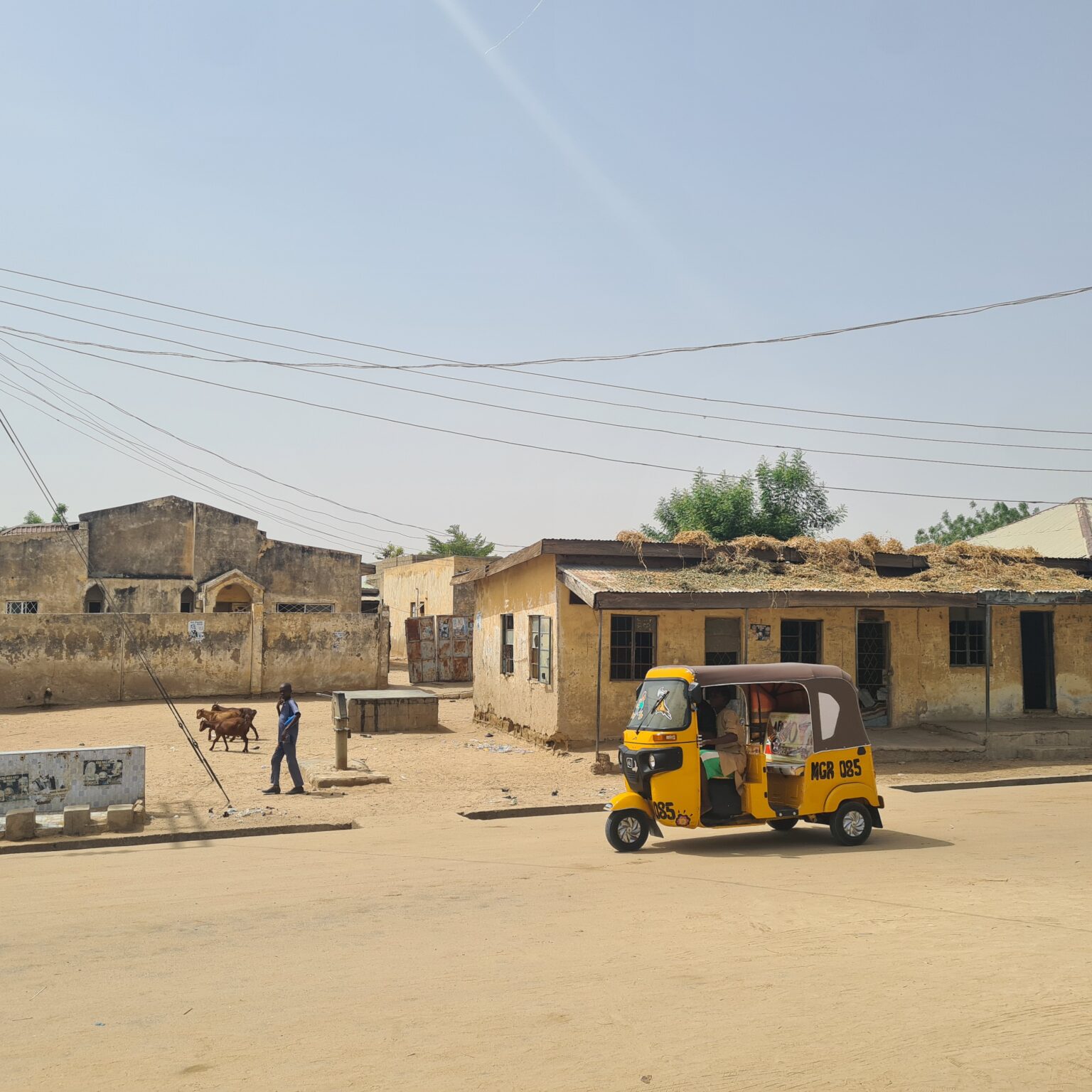A quiet day at MaiGatari Market, Jigawa State, Nigeria
The coup that took place in Niger Republic on 26th July 2023, has sent shockwaves rippling through West Africa. ECOWAS’ strong opposition to the self-declared military government has led to rising tensions within the bloc, with Mali, Burkina Faso and Guinea breaking from the joint position to side with the new regime in Niger Republic. In response to the coup, ECOWAS Member States closed their borders to Niger Republic and have suspended all transactions.
The close ties between Nigeria and Niger Republic cannot be overstated. The border between the two countries stretches over 1,600 kilometres. Cultural affinity, shared language and even family linkages all contribute to this deep relationship, which in turn drives significant bilateral trade. According to UN statistics, trade between Nigeria and Niger Republic eclipsed US$200 million in 2021. However, such statistics fail to capture the extensive informal trade taking place across borders through markets like MaiGatari, along the Jigawa-Zinder border between Nigeria and Niger Republic.
CoAmana’s presence in MaiGatari and other local markets enables us to speak directly to traders and farmers to understand the real impact at the grassroots level. Abubakar Badamasi, a CoAmana field agent in MaiGatari, notes that the border closure and increased security presence has severely affected both formal and informal trade along the border, in a similar manner to the COVID-19 pandemic. Field reports estimate that up to 45% of MaiGatari market activity is linked to Niger Republic, with trade in livestock and foodstuffs in decline, particularly beans, millet, guinea corn and dates.
As the situation unfolds between ECOWAS and Niger Republic, local traders are hoping for a negotiated settlement and a return to business as usual. While the political struggle has undoubtedly had a negative impact for MaiGatari and other local markets, it serves as a reminder of the interconnected nature of African markets and highlights the huge potential for growth in the region.

